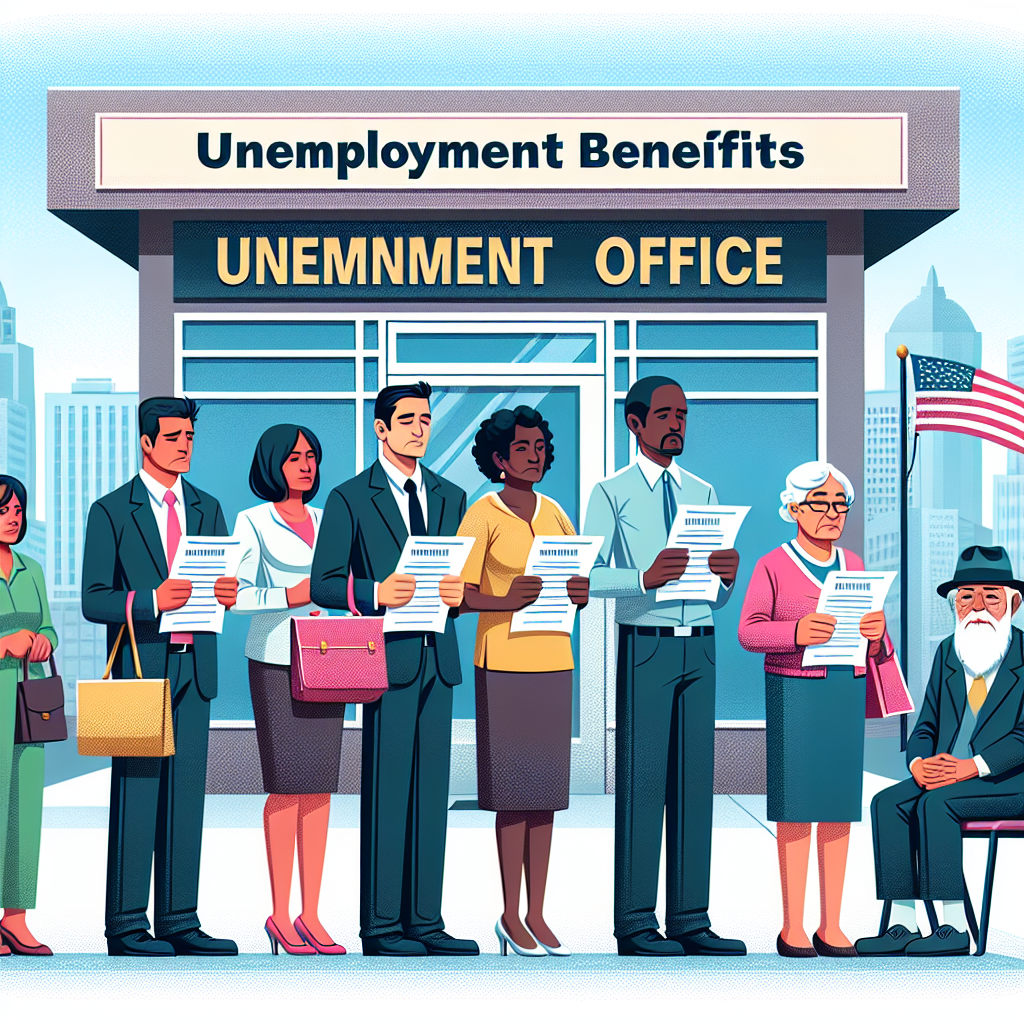Hurricane Helene and Boeing Strike Drive Surge in US Jobless Claims
The recent jump in US unemployment claims, reaching its highest in a year, is attributed to Hurricane Helene and a machinist strike at Boeing. Despite these factors, the Federal Reserve views the impacts as temporary and plans to lower interest rates, aiming for a 'soft landing' in the job market.

- Country:
- United States
The surge in unemployment benefits claims filed by Americans last week has reached its highest level in a year. Analysts attribute this to Hurricane Helene and the Boeing machinist strike rather than a broader weakening in the labor market.
The Labor Department noted a rise of 33,000 claims to a total of 258,000 for the week of October 3, significantly higher than analyst predictions of 229,000. Affected by Hurricane Helene, states like Florida, North Carolina, South Carolina, and Tennessee saw significant increases in claims, while Washington state was particularly impacted by the Boeing strike.
While claims are considered an indicator of weekly layoffs, they tend to be volatile. The Federal Reserve anticipates these impacts to be temporary and continues to plan an interest rate cut. Despite recent economic challenges, US employers showed resilience by adding a higher-than-expected number of jobs in September.
(With inputs from agencies.)
ALSO READ
RBI keeps interest rates unchanged, cuts CRR as economy slows
Swiss Interest Rates: A Balancing Act
UPDATE 1-China vows to issue more debt, cut interest rates next year
Bank of England's Steady Hold on Interest Rates Confronts Economic Uncertainty
Retailers Demand Lower Interest Rates and Policy Reform Ahead of Budget










